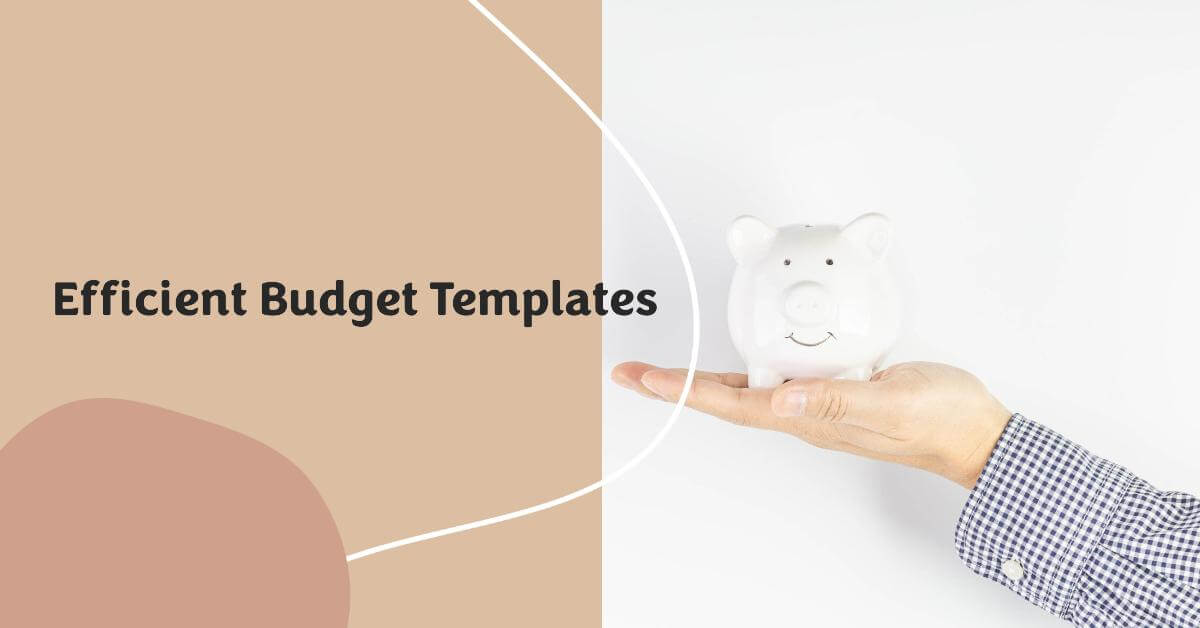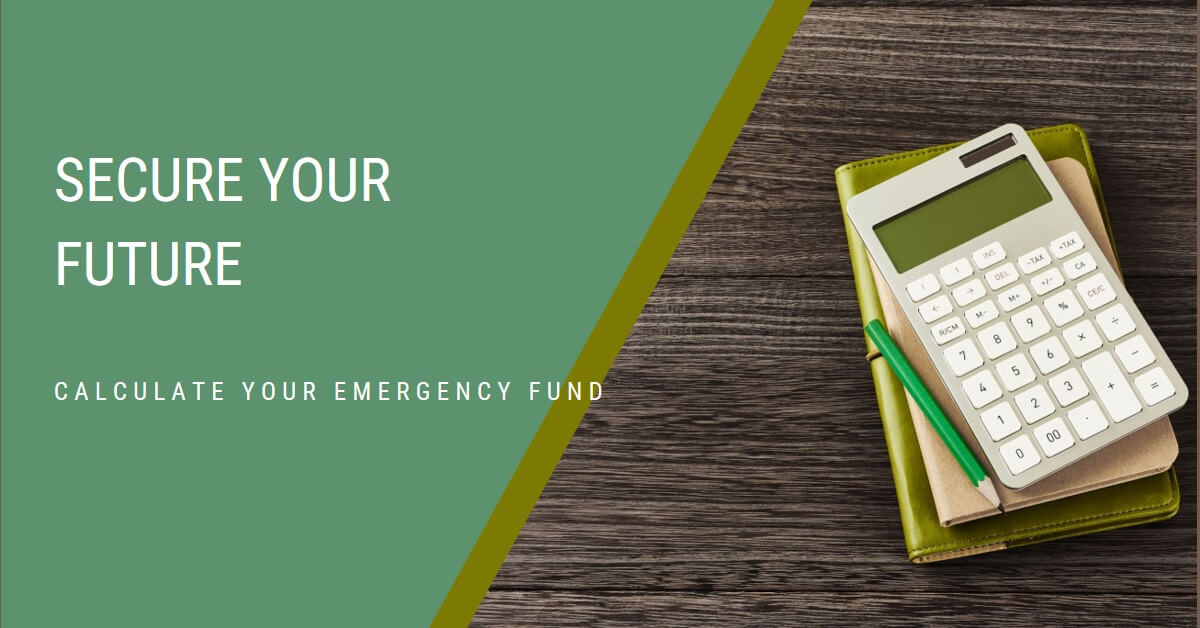
Budget Templates
A budget template is like a ready-to-use plan for managing your money. Imagine it as a blueprint that helps you organize where your income should go. It's a simple tool that already has categories for things like how much you earn, what you spend, and what you save. Instead of making a new plan from scratch each time, you can use a budget template to make things easier. Using a budget template is a bit like following a recipe – you have all the ingredients (your income and expenses), and the template tells you how to mix them together to create a balanced financial plan.
Leveraging Budget Templates in Personal Finance
Budget templates can be particularly transformative in personal finance management. By offering a clear breakdown of income sources like salaries or rental incomes, and outlining typical expense categories such as housing, utilities, and entertainment, these templates provide a transparent view of one’s financial health. They assist in identifying potential savings areas and enable better control over spending habits.
Utilizing Budget Templates in the My Budget App
Students might find templates focusing on tuition, textbooks, and housing costs most relevant. Families, on the other hand, might gravitate towards templates that incorporate childcare expenses and family outings. Small businesses can benefit from templates that encompass business revenue, overhead costs, and marketing expenses. This diversity ensures that every financial scenario is catered for, providing a personalized budgeting experience.
Our budget planner offers a selection of sample budget templates that can serve as foundations for creating new budgets. During the sign-up process, you have the option to choose from these sample templates to kickstart your initial budget. Additionally, you can use your existing templates to create new budgets.
Here are a few illustrations of these budget templates:
incomes:
Net Salary
Rental Income
Other Income
expenseGroups:
Home:
expenses:
Home Loan Repayments
Strata fees
Rent
Other home expenses
Bills:
expenses:
Local Council Rates
Water Rates
Electricity/Gas
Home Telephone/Internet
Mobile
Cable Television
Other bills
Transport:
expenses:
Public Transport
Petrol
Parking
Car Registration
Car Insurance
Third Party Insurance
Car Servicing/Maintenance
Other
Entertainment:
expenses:
Holidays
Restaurants, takeaway
Sports / hobbies / memberships
Gifts (xmas, birthdays)
Other leisure/entertainments
Insurance/Super:
expenses:
Health
Superannuation
Home and Contents
Other Insurance
Living Expenses:
expenses:
Groceries
Clothes/Shoes
Education
Child care / school fees
Haircuts
incomes:
PartTime Job
Allowances
expenseGroups:
Education:
expenses:
Tuition
Textbooks
Lab Fees
Housing:
expenses:
Rent
Utilities
Internet
Renters Insurance
Transportation:
expenses:
Public Transit
Gas
Maintenance
Food:
expenses:
Groceries
Dining Out
Meal Plan
Entertainment:
expenses:
Movie Tickets
Streaming Services
Hobbies
incomes:
Salary 1:
Salary 2:
expenseGroups:
Housing:
expenses:
Mortgage
Utilities
Home Insurance
Transportation:
expenses:
Car Payments
Gas
Car Maintenance
Food:
expenses:
Groceries
School Lunches
Childcare:
expenses:
Daycare
Extra curricular Activities
Activities:
expenses:
Family Outings
Family Vacation
incomes:
Business Revenue
expenseGroups:
Business Expenses:
expenses:
Inventory
Equipment
Marketing:
expenses:
Advertising
Website Maintenance
Overheads:
expenses:
Staff Salary
Office Rent
Utilities
Insurance
Diverse Templates for Varied Needs
In the world of budget templates, variety is key. For instance, students might find templates focusing on tuition, textbooks, and housing costs most relevant. Families, on the other hand, might gravitate towards templates that incorporate childcare expenses and family outings. Small businesses can benefit from templates that encompass business revenue, overhead costs, and marketing expenses. This diversity ensures that every financial scenario is catered for, providing a personalized budgeting experience.
The Impact of Budget Templates on Financial Planning
The real power of budget templates lies in their ability to transform abstract financial concepts into tangible plans. They enable users to see the bigger financial picture, making it easier to set and achieve short-term and long-term financial goals. By providing a structured approach to income and expense management, budget templates can significantly improve financial decision-making and foster a more disciplined approach to money management.
In conclusion, budget templates are more than just financial tools; they are the stepping stones to better financial health and freedom. By offering a clear, organized, and personalized approach to budgeting, they empower individuals and businesses alike to take control of their finances and pave the way for a more secure financial future.

